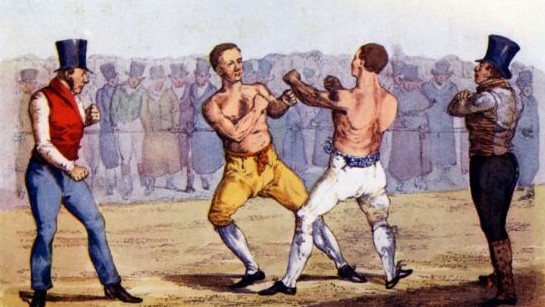More shots were fired today in the litigation battle over whether legal research startup ROSS Intelligence stole copyrighted content from Thomson Reuters’ Westlaw in order to jumpstart development of its own product.
Thomson Reuters filed a brief in response to ROSS’s motion to dismiss its lawsuit, asserting that under the “notice pleading” standard of the federal courts, its complaint — alleging copyright violations and tortious interference with contractual relations — is properly pleaded.
“To state a copyright claim, Plaintiffs need allege only ‘(1) ownership of a valid copyright, and (2) copying of constituent elements of the work that are original,'” the brief says, citing the seminal copyright case, Feist Publ’ns, Inc. v. Rural Tel. Serv. Co., 499 U.S. 340 (1991). “Plaintiffs did so here.”
The brief restates the allegations of Thomson Reuters’ complaint, which were that ROSS intentionally and knowingly induced the legal research and writing company LegalEase Solutions to use its Westlaw account to reproduce Westlaw data and deliver it to ROSS en masse.
The brief also takes issue ROSS’s claims in its motion to dismiss that TR’s claims of copyright in case headnotes and its key number system cannot hold up because neither has the requisite originality or creativity required to be protected by copyright.
TR says that a headnote ROSS cited in its brief to show the lack of originality in headnotes was a “misleading example” that in fact contained a quotation from the case. Even if there were a dispute as to that, TR says, it is one to be decided after discovery, not in a motion to dismiss.
Calling ROSS’s brief “scattershot,” TR says it “reads more like a summary judgment brief or an argument to the jury than a motion to dismiss,” TR says.
“Nowhere in its brief does ROSS dispute that it was denied access to Westlaw, that it hired LegalEase to get that access surreptitiously, that it directed LegalEase to give it content downloaded from Westlaw, or that it built its competitive system off of Westlaw. In short, ROSS does not deny that it used Plaintiffs’ product to create a competing platform.”
TR also takes issue with ROSS’s characterization of this case as about ownership of the law.
“[T]he Complaint is clearly focused on ROSS’s copying of Plaintiffs’ creative expression in Westlaw, including its West Headnotes and West Key Number System. … And ROSS’s suggestion that it is somehow improper for Plaintiffs to seek payment for that content, which Plaintiffs spent decades creating, ignores the fact that ROSS charges for access to its own platform.”
Asked for a response to TR’s brief, Andrew Arruda, cofounder and CEO of ROSS, provided this statement:
“We have received Thomson Reuters’ response to our Motion to Dismiss and our legal team at Crowell & Moring will be filing a reply in the coming days. To be clear, ROSS Intelligence denies Thomson Reuters’ allegations. ROSS did not copy any headnotes or key numbers from Westlaw. ROSS did not use headnotes or the key number system in any way in the development of the ROSS system or to train our AI algorithms. We are proud to have built our AI infrastructure ourselves using new methods that Thomson Reuters evidently does not understand. We purchased all case law, statutes, and other primary law needed for ROSS from other providers. Simple as that.”
Stay tuned for further developments, as this litigation is just getting started.
 Robert Ambrogi Blog
Robert Ambrogi Blog